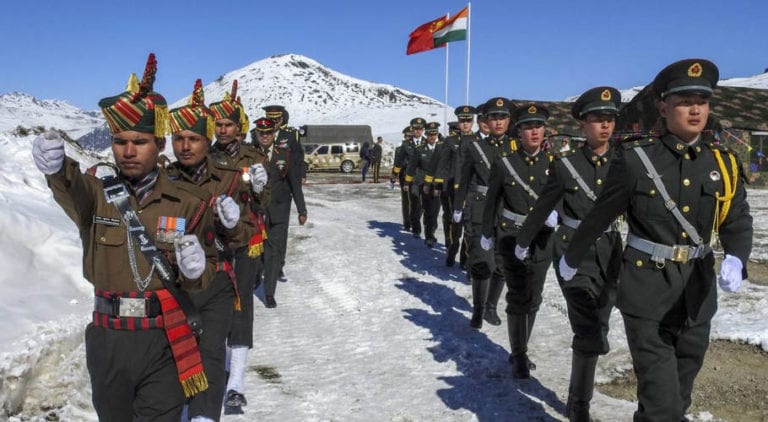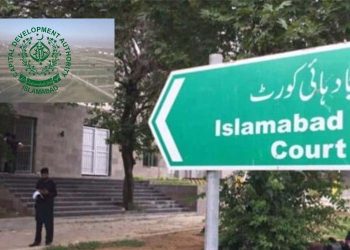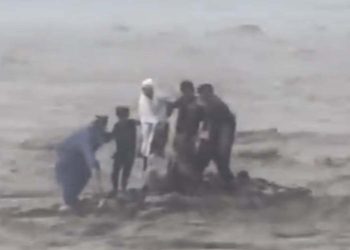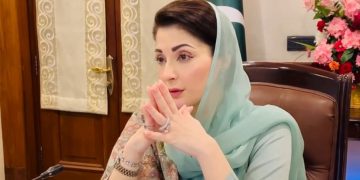India’s border skirmishes with the neighbouring countries has threatened regional peace and stability in South Asia.
Tensions between India and China are not new. The two countries—which share the world’s longest unmarked border—fought a full-fledged war in 1962 and have since engaged in several small battles.
Both sides have substantial and growing military deployments along a mostly disputed border. And for more than a decade, the People’s Liberation Army (PLA) has been testing India’s military readiness and political resolve along several strategic areas. Peace can no longer be taken for granted.
Recent clashes
The most recent clashes took place earlier this month. On May 5, Indian and Chinese soldiers clashed near the Pangong Tso Lake in Ladakh. It is believed that the clash took place because the PLA had objected to Indian military patrols in the area.
Most of these clashes apparently stop from differing assessments of the site of the so-called Line of Actual Control—the actual international border. Then on May 9, at an altitude of 15,000 feet, in the Naku La region near Tibet, soldiers from both sides came to blows and threw stones at each other.
Mostly in efforts to induce the Indian troops to move back from the areas they were patrolling. Several Indian soldiers were injured, including a senior Indian officer. Reports suggested that Indian soldiers were beaten by the Chinese army and several were also arrested.
Indian reaction and disgrace
In India, NDTV was the first to report that the Chinese army not only arrested Indian soldiers but also seized their weapons, after which the Indian Army Chief briefed the Prime Minister Narendra Modi on the incident.
During the briefing, the Indian Army Chief termed the move of the Chinese Army as a severe shock to India and said that the withdrawal of Indian troops is very important, after which the Indian administration jumped into the matter.
On behalf of India, the Indian top officials made requests to China, on which China took pity and released Indian troops.
Censorship in the world’s largest democracy
In the world’s largest democracy, something is brewing that could have grave implications for freedom of expression.
An Indian military spokesman bluntly denied the arrests of Indian soldiers by the Chinese army and directed Indian media not to publish such news, saying that “Our national interests are harmed by this while access to truth.”
Mr. Modi is meanwhile trying to ensure that Indians hear only his version of the pandemic story. Before the lockdown, according to the New York Times, he met with leading media editors and pushed them to produce “inspiring and positive stories.”
Poverty, unemployment, the COVID-19 crisis in India
The Indian government has done nothing to address poverty, unemployment, the COVID-19 crisis, while religious extremism and hostilities have escalated in India.
India is “mother of terrorism”


































